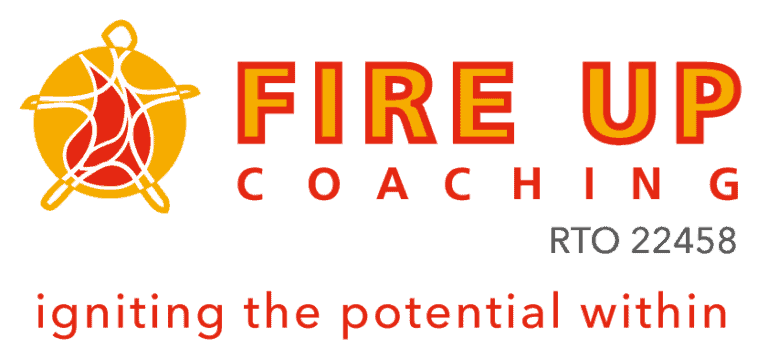Have you mastered your Emotional Intelligence yet?
If you’re in management or leadership, you’ve undoubtedly encountered the significant challenges that come with handling diverse personalities within teams. In this article we’ll discuss how to use emotional intelligence techniques to identify and deal with the control freak, the constant critic, and the narcissist.
Among the myriad of skills required, emotional intelligence (EQ) stands out as indispensable for effective leadership. It enables you not only to understand your own emotional tendencies when dealing in situations but empowers you to navigate the complexities of interpersonal dynamics of others with finesse and tact.
Identifying Common Difficult Personalities
Let’s examine three common challenging personalities in professional settings: the control freak, the constant critic, and the narcissist. Each poses unique hurdles that require specific EQ competencies for effective management.
The Control Freak: Defined by deep-seated anxieties over losing control, interacting with control freaks can be emotionally draining. These individuals often exhibit rigid behaviours and have a tendency to micromanage tasks, resulting in a stifling work environment. In EQ training, leaders learn to recognise the underlying fears and insecurities that drive the control freak’s behaviour. Understanding that these individuals crave certainty and reassurance, leaders are equipped to employ self-preservation strategies to maintain their own emotional well-being.
The Constant Critic: Rife with cynicism and suspicion, constant critics often put leaders on the defensive. In EQ training, leaders learn to respond to constant critics with objectivity and empathy. They understand that beneath the criticism lies a deeper need for validation and recognition. By depersonalising interactions and focusing on the critic’s concerns rather than taking comments personally, leaders can defuse tension and build constructive dialogue.
Moreover, EQ training equips leaders with techniques for managing their emotional responses to constant criticism. They learn to maintain composure and resilience in the face of negativity, fostering a positive and productive work environment. Through empathy and understanding, leaders can transform criticism into opportunities for growth and collaboration, ultimately strengthening team dynamics and achieving shared goals.
The Narcissist: Characterised by entitlement and a thirst for admiration, narcissists pose unique challenges in the workplace. In EQ training, leaders gain insights into their motivations and behaviours, recognising signs such as grandiosity and manipulation. They learn to uphold firm boundaries, avoiding reinforcement of narcissistic behaviour while maintaining composure and assertively communicating expectations.
Additionally, leaders learn to manage their emotional responses, staying composed in the face of manipulation, developing empathy for the narcissist’s struggles, and offering support when appropriate.
It’s all about results
Mastering emotional intelligence is not just a skill—it’s a game-changer for leaders and managers navigating the complexities of the modern workplace. By honing EQ skills, you’re not just improving your ability to handle control freaks, constant critics, and narcissists; you’re setting yourself and your team up for success in every interaction.
Return on Investment
The top 3 measurable benefits of Emotional Intelligence training:
- Enhanced Team Collaboration
- Increased Employee Satisfaction and Improved Staff Retention
- Improved Performance and Results
FIRE UP Coaching is the only Australian coach training organisation accredited to deliver the RocheMartin Suite of Emotional Intelligence tools. Emotional intelligence training can be undertaken on an individual basis through our Emotional Intelligence Accreditation or for teams through our in house workshops, Emotional Intelligence in the Workplace.


